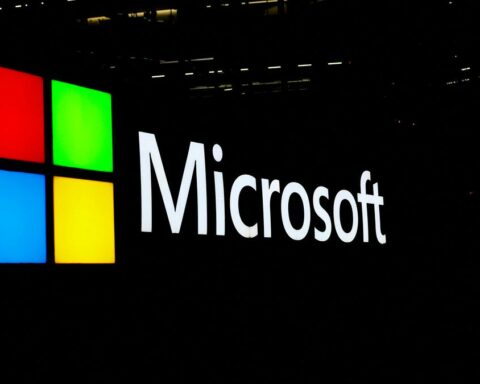Microsoft has announced a significant decision to separate its Teams chat and video app from its Office suite globally. This strategic move is aimed at addressing antitrust concerns while offering customers greater flexibility in their purchasing options. The decision follows a complaint lodged in 2020 by Slack, a competitor owned by Salesforce, which prompted an investigation by the European Commission into Microsoft’s bundling of Office and Teams.
Teams, integrated into Office 365 in 2017, gained substantial popularity during the pandemic, especially for its video conferencing features, displacing Skype for Business. However, critics argued that Microsoft’s bundling strategy unfairly advantaged the company in the market. In response to regulatory scrutiny and feedback, Microsoft began selling Office and Teams separately in the European Economic Area and Switzerland last October to avoid potential fines from the European Union.
Now, Microsoft is extending this unbundling initiative globally to provide clarity for its customers. Multinational companies will have more options for standardizing their purchasing practices across different regions. The company plans to introduce new commercial Microsoft 365 and Office 365 suites that exclude Teams outside the European Economic Area and Switzerland. Additionally, standalone Teams offerings will be made available for Enterprise customers in those regions.
Starting April 1, customers will have the option to continue with their current licensing agreements, renew, update, or switch to the new offers. The pricing for Office without Teams will range from $7.75 to $54.75, depending on the product, while standalone Teams will cost $5.25. Prices may vary by country and currency.
Despite Microsoft’s efforts to address antitrust concerns, there are lingering doubts about whether these measures will be sufficient to prevent potential charges from the EU. Rivals continue to criticize the fees associated with Microsoft’s services and express concerns about the compatibility of their messaging platforms with Office Web Applications.
Microsoft faces the risk of significant fines, with potential penalties amounting to as much as 10% of its global annual turnover if found guilty of antitrust violations. Over the past decade, the company has incurred 2.2 billion euros ($2.4 billion) in EU antitrust fines related to the bundling of products.
In conclusion, Microsoft’s decision to separate Teams from its Office suite globally reflects its commitment to addressing antitrust concerns and providing customers with more flexibility in their purchasing options. However, the effectiveness of these measures in satisfying regulators and competitors remains to be seen.






